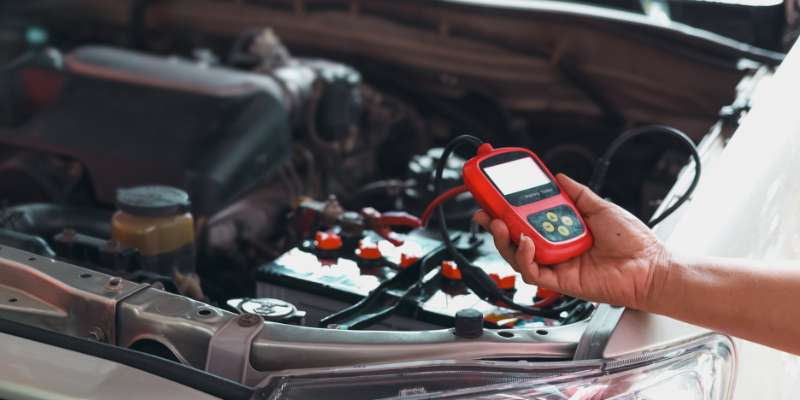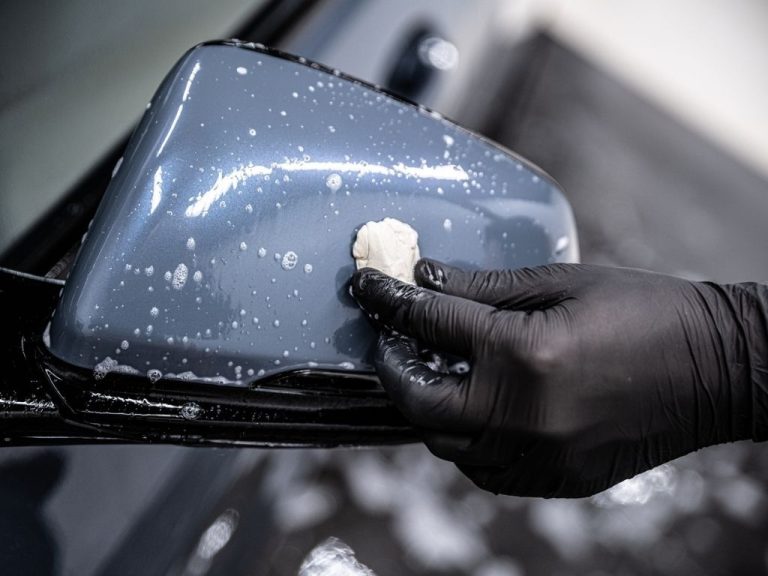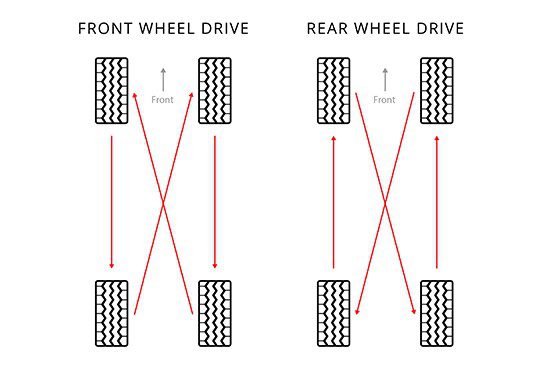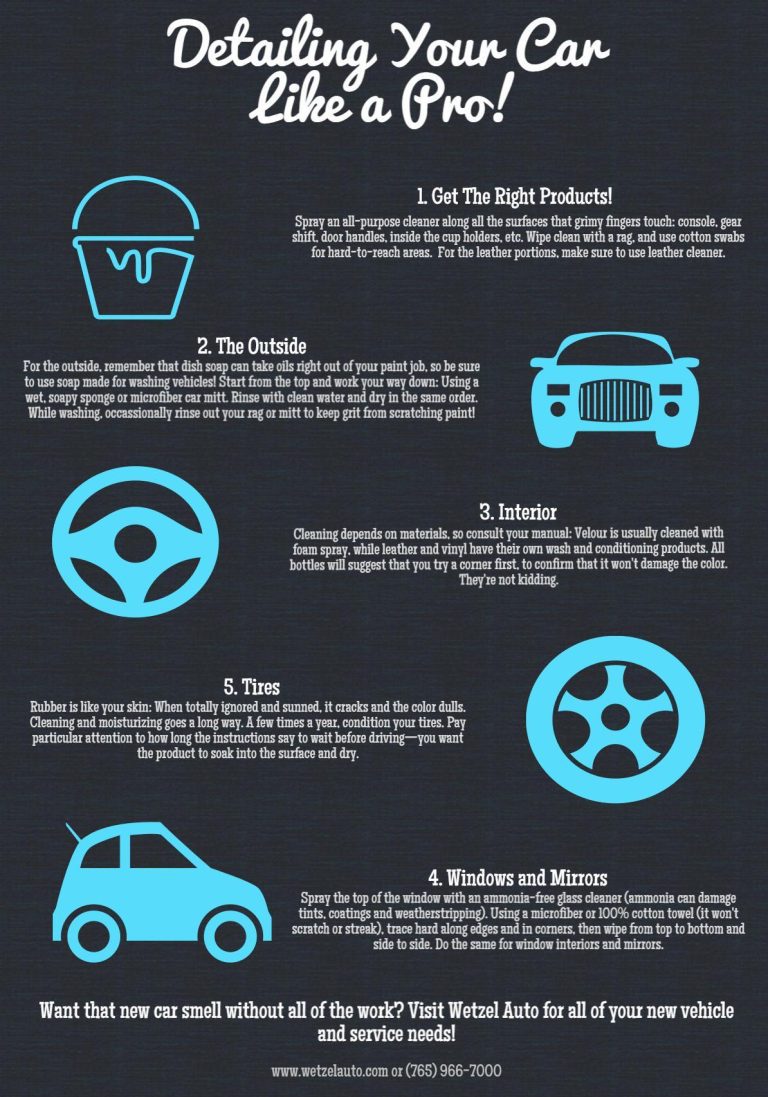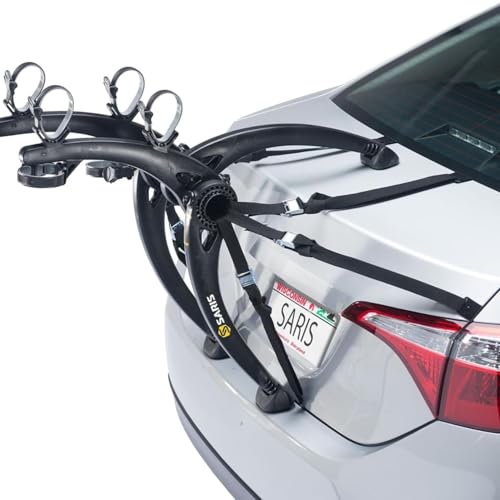Does Heat Affect Car Battery: Uncover the Truth
Yes, heat can affect car batteries. High temperatures can shorten battery life.
They can also reduce performance. Car batteries are vital for vehicle operation. They power the engine and electrical systems. Extreme heat can cause problems. It may lead to faster battery drain or even failure. Summer months can be especially hard on car batteries.
The heat speeds up chemical reactions inside, leading to more wear. Drivers often notice issues when temperatures soar. Understanding how heat impacts your battery is important. It helps prevent unexpected breakdowns. Awareness can guide you in caring for your battery. You might save time and money. Knowing the signs of heat damage can be useful. It helps you act before problems worsen. Stay informed to keep your car running smoothly.

Credit: batteryjoe.com
Car Battery Basics
Car batteries come in different types. The most common are lead-acid and lithium-ion. Lead-acid batteries are often used in cars. They are reliable and affordable. Lithium-ion batteries are lighter and last longer. But they are more expensive. Each type has its pros and cons. Choosing the right one is important.
A car battery has important functions. It starts the engine. It powers the lights and radio. It has several components. The positive and negative terminals are key parts. They connect the battery to the car. Inside, there are cells filled with acid. These cells store and release energy. The battery case keeps everything safe. Without these parts, the battery won’t work.
Heat Impact On Battery Performance
Car batteries can be sensitive to temperature changes. High heat can cause batteries to lose power. Heat makes the battery fluid evaporate. This leads to a weak battery. The battery might not start the car. This is frustrating.
Heat speeds up chemical reactions inside the battery. These reactions can wear the battery out faster. More reactions mean more problems. The battery may not hold a charge well. It can cause battery life to shorten. Take care of your battery in hot weather.
Signs Of Heat Damage
Car batteries can lose life in hot weather. Heat speeds up chemical reactions. This can cause the battery to wear out faster. Shorter battery life means you may need to replace it sooner. It’s important to check your battery often. Hotter areas can see more battery problems. Keeping your car cool can help. Park in the shade. Use a car cover. These steps can help keep your battery healthy.
Look at the battery case. Swelling or bulging might be visible. This is a sign of heat damage. Cracks can also appear. Both can lead to leaks. Leaks can be dangerous. Acid can come out and harm car parts. Regular checks can catch these problems early. Always handle batteries with care. Wear gloves if you see damage.

Credit: blog.raychevrolet.com
Heat Vs Cold: Comparative Effects
Cold weather can make car batteries weak. Batteries can lose power quickly. This happens because cold slows down chemical reactions. Cars might not start easily. Winter can be tough for batteries. Heat brings its own challenges. Heat speeds up chemical reactions. This can cause batteries to wear out faster. High temperatures can also lead to battery fluid loss. Both cold and heat affect batteries differently.
Cold Weather Challenges
In winter, batteries face many challenges. Cold air thickens engine oil. This makes engines hard to start. Batteries need to work harder. Chemical reactions slow down in cold weather. This reduces battery power. Short trips can make things worse. Batteries don’t get time to recharge fully. Car lights and heaters use extra energy. This drains battery faster. Winter can be tough for batteries.
Heat Stress Factors
Hot weather stresses car batteries. High heat can evaporate battery fluid. This reduces battery life. Heat speeds up chemical reactions. Batteries wear out quickly. Overcharging in heat can be risky. It can damage batteries. Heat can also cause battery casing to swell. Swollen casing can lead to leaks. Battery life can get shorter in hot climates.
Preventive Measures In Hot Climates
Heat can significantly affect car batteries, leading to reduced lifespan and efficiency. Hot climates increase battery fluid evaporation, causing damage and potential failure. Regular checks and maintenance are essential to ensure battery longevity in high temperatures.
Cooling System Enhancements
Install cooling systems to keep the car battery safe. Heat can damage batteries quickly. Use a battery cooling mat. It helps keep the battery cool. Fans near the battery can also help. Ensure proper airflow around the battery area. This keeps the temperature down. Check the car’s cooling system often. Make sure it’s working well. A well-maintained cooling system prevents overheating. This extends the battery life.
Regular Maintenance Tips
Regular checks help keep the battery healthy. Clean battery terminals often. Dirt can cause problems. Check for corrosion and clean it off. Keep the battery secure in its place. A loose battery can get damaged. Check the water level in the battery. Add distilled water if needed. Ensure all connections are tight. Loose connections can cause trouble. Regular maintenance ensures a longer battery life.
Choosing The Right Battery For Hot Conditions
Car batteries can suffer in hot weather. Heat makes them lose power faster. Selecting a heat-resistant model is smart. These batteries handle high temperatures better. They last longer in the heat. Some brands focus on these models. Look for them in stores. They keep cars running well in summer. Heat-resistant batteries are a wise choice. They save money over time.
Many car makers suggest specific batteries for heat. Check your car’s manual. It can list the right type. Follow these tips for better car care. Using the right battery helps the car last longer. It avoids breakdowns in hot weather. Always trust the car maker’s advice. They know what’s best for their cars.
Myths And Misconceptions
Many believe that cold is worse for car batteries. Heat, though, is the real issue. Hot weather can make a battery lose power fast. People think a new battery will not be affected by heat. This is false. Even new batteries can suffer in hot conditions.
Heat makes the fluid in batteries evaporate. This can cause damage inside. A damaged battery can’t hold charge well. Car electronics work harder in heat. This extra work drains the battery more quickly. Experts say batteries last longer in cooler places. So, keep your car in the shade when it’s hot.
Future Innovations In Battery Technology
Heat can make batteries weak. New thermal management systems help. These systems keep batteries cool. They use special materials. Fans and liquid cooling systems are also used. This keeps the battery safe. It makes the battery last longer. More companies are working on this. They want to make better systems. This will help cars run better. It is good for the environment too.
New materials are being used for batteries. Solid-state batteries are one example. They are safer than regular batteries. They can hold more power. Lithium-sulfur is another new material. It is lighter. It can store more energy. Research is being done on these materials. Scientists want to find the best ones. This will help make cars more efficient. Cars will travel longer distances. This is exciting for the future of cars.

Credit: www.chase.com
Frequently Asked Questions
How Do You Keep Your Car Battery From Dying In Hot Weather?
Park your car in the shade to protect the battery. Ensure battery terminals are clean and secure. Regularly check the battery’s water level. Limit the use of electronics when the engine is off. Conduct frequent battery inspections to detect potential issues early.
Does The Heat Affect A Car Battery?
Yes, heat can affect a car battery. High temperatures accelerate chemical reactions inside the battery, causing it to overheat. This can lead to quicker battery degradation and reduced lifespan. Regular maintenance and proper storage can help mitigate these effects.
How Do You Protect A Car Battery From Heat?
Park in shaded areas to reduce heat exposure. Use a battery insulation kit for protection. Regularly check and maintain fluid levels. Keep terminals clean and secure to ensure efficient performance. Avoid leaving electronic devices plugged in when parked.
Will A Car Battery Work Again When It’s Warm?
Yes, a car battery can work again when it warms up. Cold temperatures reduce battery efficiency. Warming helps regain power.
Conclusion
Heat can greatly impact your car battery’s performance. High temperatures can cause battery fluid to evaporate, reducing its lifespan. Regular checks can help you avoid unexpected issues. Ensure clean connections and a secure battery position. Park your car in shaded areas to minimize heat exposure.
A little maintenance goes a long way in protecting your investment. Keep an eye on battery health, especially in summer. Knowing these tips can save you time and money. Stay prepared and ensure your car battery remains reliable in all conditions.

